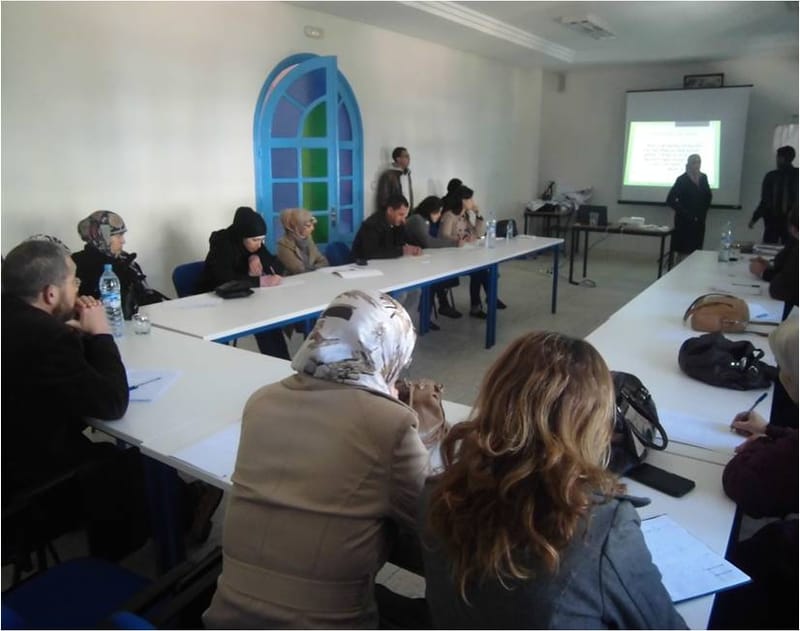he cooperative fabric is the main component of the SSE sector in Morocco, both by the number of jobs..

The cooperative fabric is the main component of the SSE sector in Morocco, both by the number of jobs created and by its participation in social inclusion and economic development. To this end, a legal framework is dedicated to it: Law No. 112.12 defines cooperatives, determines their legal status and establishes the missions of the ODCo.
At the end of 2013, the cooperative sub-sector had 12,022 cooperatives with 440,372 members. Agriculture, crafts and housing remain the areas of activity that bring together the most cooperatives. Management, accounting and telecommunications are among the areas that are emerging in the cooperative fabric.
The development of the cooperative sector faces many legal, institutional and socio-economic constraints. State support measures aimed at enabling cooperatives to overcome these constraints are still insufficient. In addition, the cooperative fabric suffers from ambiguities [1] in the law governing cooperatives despite its recent reform. It suffers from the weakness of the means allocated to the support organizations of the cooperatives and suffers from the lack of governance resulting most often from the low level of qualification of the managers and the members. In addition to this low rate of institutional supervision, this sector faces difficulties in accessing funding and lack of social security coverage for members. As a result, the contribution of cooperatives to GDP is limited to 1.5% and the creation of wage-earning jobs remains low.
